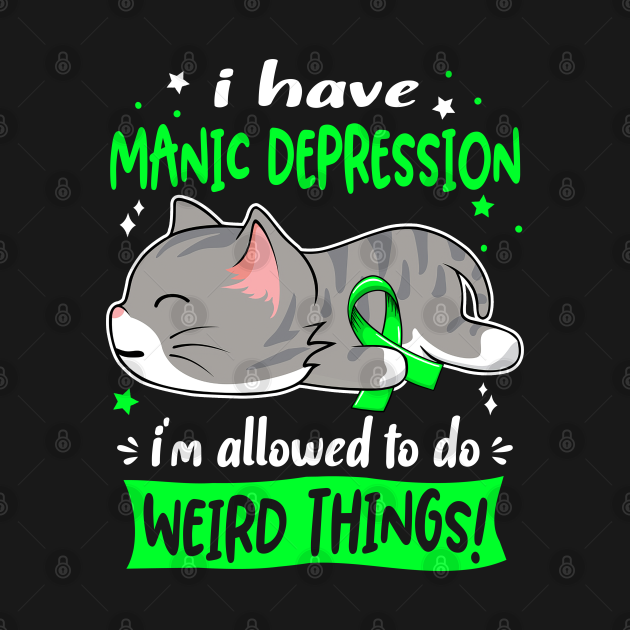
By waking up at regular times and dealing with hypersomnia, moderating your recreational substance use, and working with your doctor, you would probably be able to indirectly improve your insomnia. The good news is that working on one sleep problem may help several other problems. Also, sleep problems are often connected.įor example, you may need to work on waking up at a reasonable hour (hypersomnia), cut back on recreational substance use, and request a medication adjustment to solve your problems with insomnia. You do not want to fix one problem only to have to deal with the other. It is important to be aware of these general sleep issues for treating insomnia. Other sleep issues present with bipolar disorder include hypersomnia, REM issues, medication issues, distorted sleep schedule, substance abuse problems, and sleep apnea. It is hard to address one without addressing the other. One of the most common is the link between insomnia and the decreased need for sleep in mania. While insomnia is defined as having issues with falling and/or staying asleep, people with bipolar disorder can host other issues regarding sleep. In addition to insomnia, you may deal with a few types of sleep problems. Sleep Problems With Bipolar Other Than Insomnia The test may help you to take the first steps towards a calmer mind.
BIPOLAR INSOMNIA HELP DEPRESSION FREE
Lastly, if you are curious about whether or not you have bipolar disorder, check out a free diagnostic test here. Cyclothymia is a milder form of bipolar disorder, but insomnia can still present itself. Bipolar II has a milder form of hypomania, which can still be dangerous but less extreme. Bipolar I has mania, which can keep the sufferer awake for days at a time. There are three main types of bipolar disorder. This can include insomnia and hypersomnia. This does not include deliberate weight loss.

Insomnia can be one of many symptoms that come with bipolar disorder.

Read on, and there will be something useful in this article for anybody dealing with bipolar insomnia.

BIPOLAR INSOMNIA HELP DEPRESSION HOW TO
This article can give you some great tips and suggestions on how to begin to have a disciplined sleep while also showing insomnia’s place in the larger struggle of bipolar disorder. Though it can be difficult to establish a solid sleep schedule, it is impossible to do so with bipolar disorder. Dealing with insomnia can be one of the toughest parts of bipolar disorder.


 0 kommentar(er)
0 kommentar(er)
